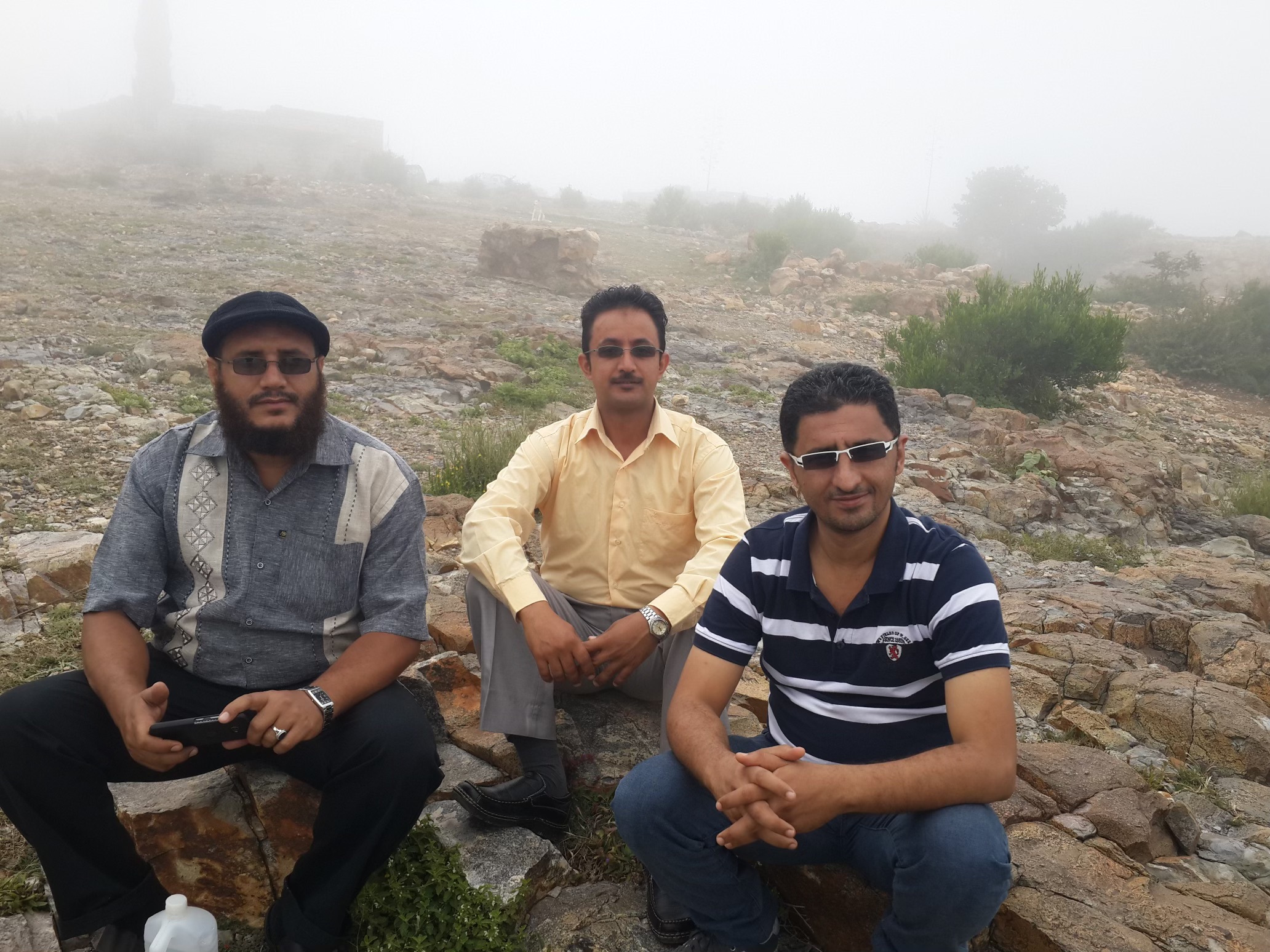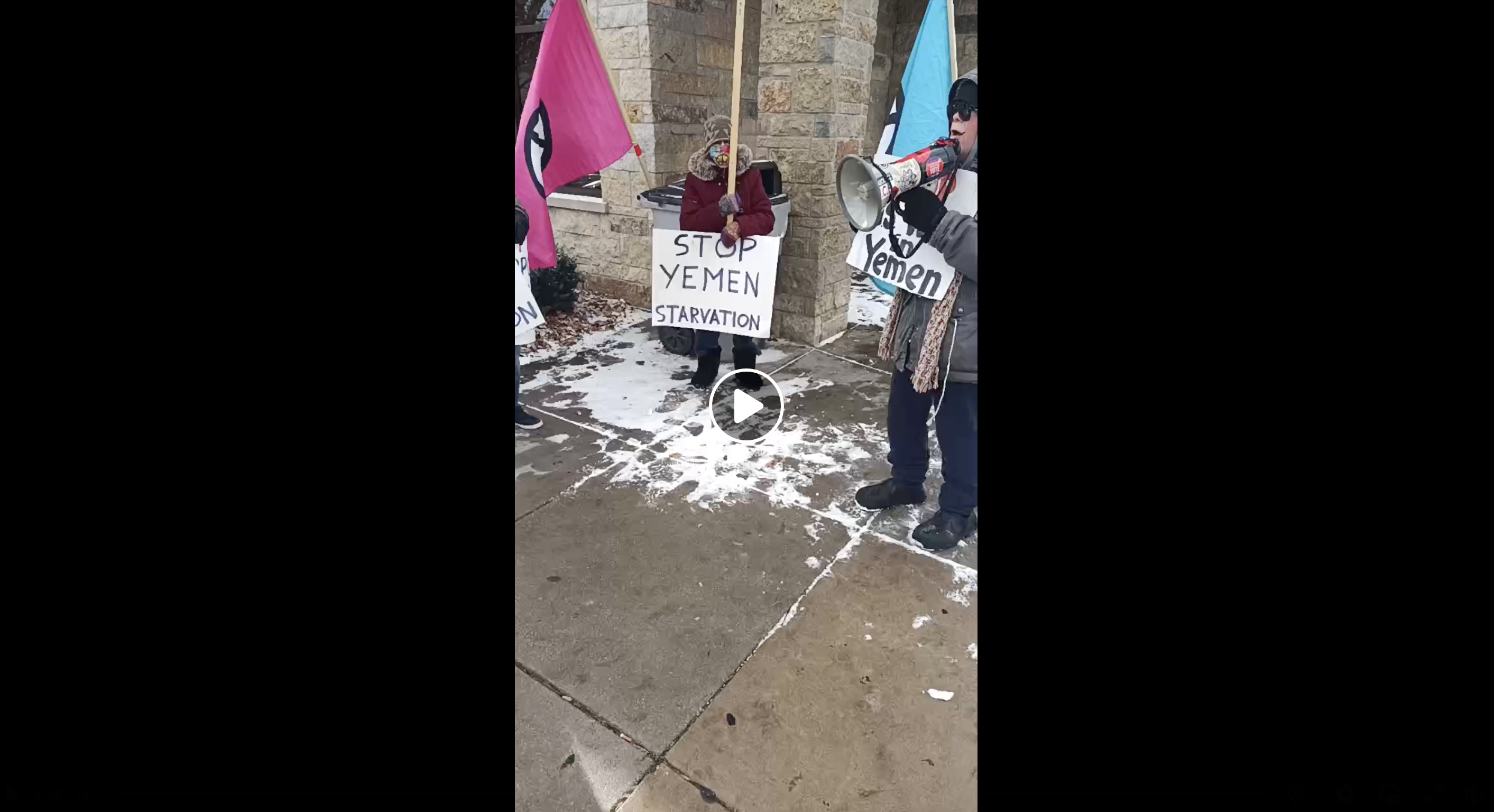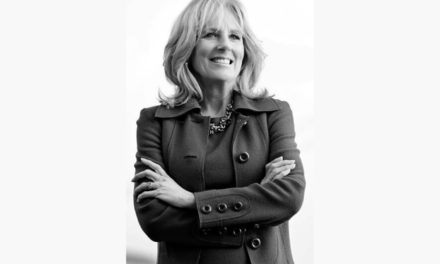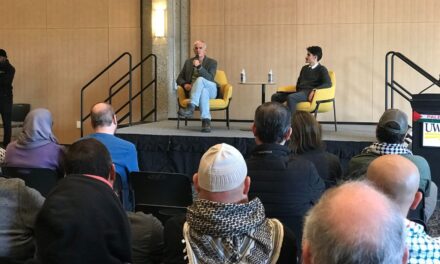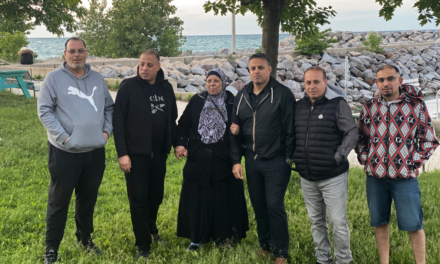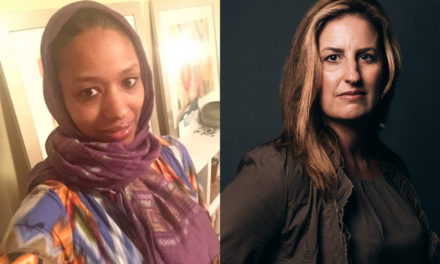Photo courtesy of Nashwan Alshargabi
Nashwan Alshargabi (right) in Al-Makatera, Yemen, with his neighbor Rafeek (left) and brother-in-law Mosa (middle).
While the western media trains its cameras on Russia’s invasion of Ukraine, the civil war in Yemen continues. The statistics of that war are staggering. According to the United Nations and Save the Children, three million Yemenis have been displaced and 16 million face famine. Seventy percent of the nation’s children don’t have access to clean water or sanitation. Nearly 400,000 have died including 11,000 children, mostly from hunger.
On Saturday, November 19, Peace Action Wisconsin brought a Yemeni guest speaker to Milwaukee, Nashwan Alshargabi, as the special focus of its Stand for Peace Before Thanksgiving, an outdoor rally at the intersection of National Avenue and South 27th Street.
Alshargabi was born and raised in the small village of Shargab in the mountainous southwest of the country. In July 2015, half a year after the current civil war began, he left for Jordan with his wife Sumood and their daughters Afnan and Shuhd and son Kenan. In 2017 Alshargabi and his family came to the U.S. on a work visa. He is a field service engineer for Tetra Pak, the same worldwide company he worked for in his homeland.
Alshargabi has become a spokesperson for the cause of raising American public awareness of the Yemeni crisis and ending U.S. aid to Saudi Arabia, whose military has propped up the Sunni-led government in its fight against several opponents, including the Houthi rebels representing the country’s Shia population. The Houthi are supported by Iran.
Yemen has become a proxy war between rival regional powers. Oil in commercial quantities was discovered in the 1980s and its location is strategic. Yemen sits on the Red Sea and Gulf of Aden across from the Horn of Africa, a potential choke point for global commerce.
Interviewed after he spoke at Milwaukee’s Stand for Peace, Alshargabi said, “The matter does not go far from the nature of the conflict over the Ba al-Mandab Strait—the international strait which is supervised by Yemen (and) the weak and divided country as well as the conflict of religious influence between Sunni Saudi Arabia and Shiite Iran.”
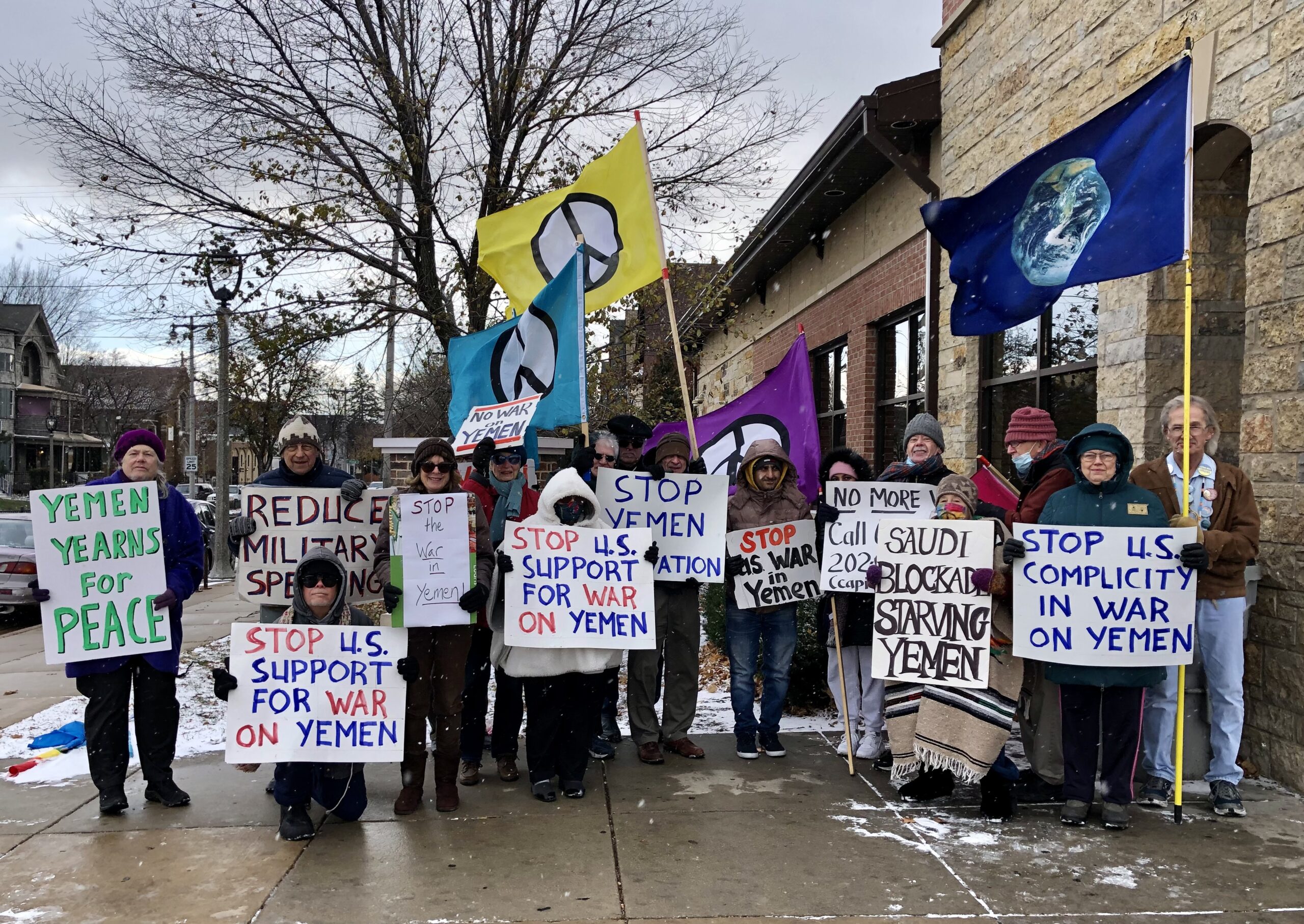
Local activists calling for an end of U.S. complicity in the Yemen War and blockade. The Stand in Support of Ending War and Starvation in Yemen press conference was held on Saturday, November 19, at the intersection of 27th and National, Milwaukee, WI.
In 1990 when North Yemen and South Yemen merged to form one nation, Yemen’s 11 million inhabitants represented more than half the population of the Arabian Peninsula. Political instability was endemic to the region whose tribal and sectarian leaders had long resisted central authority of any kind. North Yemen emerged from the collapse of the Turkish Empire after World War I and South Yemen had been a British protectorate until 1967. During the ‘60s North Yemen was embroiled in its own civil war between a government supported by Egypt and mountain tribes backed by Saudi Arabia. The two Yemens fought two wars against each other before unification.

Nashwan Alshargabi, raising American public awareness of the Yemeni crisis.
“Yes, unity was a honeymoon for Yemenis, with great hope in Yemenis’ souls,” Alshargabi said. “But the fight for power sent it to death. The summer war of 1994 between the unity partners was the beginning of the series of collapses” leading to the current civil war. “The nature of the permanent conflict in Yemen is due to the nature of the permanent conflict over power and wealth, under various names dominated by the nature of exclusion and possession,” he continued.
The U.S. is implicated in the present wave of fighting as Saudi Arabia’s principal arms supplier. Milwaukeeans are playing a leading role in encouraging the U.S. government to end its role in the carnage through the Milwaukee Advocacy Team of the Friends Committee on National Legislation, a congressional lobbying group promoting Quaker values of peace and social progress. The Friends Committee and its advocacy teams have a long history of trying to overcome polarization by seeking bipartisan support in Congress. Three years ago, the Friends lobbied successfully for a congressional resolution to cut aid to the Saudis. The resolution passed but did not survive a veto by President Donald Trump.
They are trying again. “There is pending legislation in Congress that might pass during the lame duck session, the Yemen War Powers Resolution, sponsored by Democrats and some Republicans,” said Roger Hansen of the Milwaukee Advocacy Team. “If it comes to a vote, I think it would pass. But,” he sighed, “there are a lot of pending issues before Congress and a limited amount of time.”
Hansen described the present situation in Yemen. “Some of the deaths are from direct bombing but many are from the destruction of infrastructure, from blockades of food and medicine not getting in. It’s been called the world’s worst humanitarian disaster—it has some competition, but it hasn’t gotten as much attention as it should.” He suggested that structural, unconscious racism may play a role in the media’s decision to cover a conflict in Europe while largely ignoring conflicts in Africa and Asia.
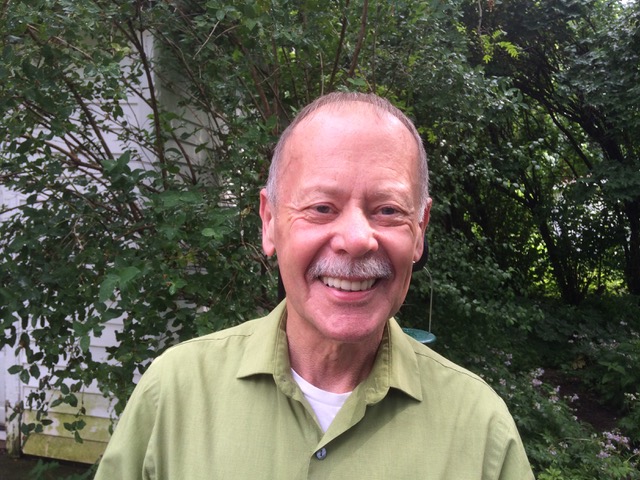
Roger Hansen of the Milwaukee advocacy team of the Friends Committee on National Legislation, a congressional lobbying group.
As for why the U.S. is supporting the Saudi side, Hansen explained, “The Houthi rebels opposed to the government have support from Iran. The thinking is that if someone is friends with Iran, they have to be our enemy and their enemy is our friend. This is not the first time the U.S. has supported a corrupt, authoritarian government.”
And then there is the U.S. armaments industry. “We have sent huge numbers of weapons into the conflict—a benefit to big U.S. corporations,” Hansen continued. “The military-industrial complex spends a lot of money politically to support their interests. We talk about human rights violations by the Saudis, but we keep supporting them.”
Hansen encourages Wisconsinites to contact their senators and representatives, urging passage of Senate Joint Resolution S. 56 and House Joint Resolution H.R. 87 which call for halting U.S. aid to the Saudis. Alshargabi hopes that Americans will find “an appropriate way to reach those affected by the war directly and study their needs with a human eye.”
Does he think a peaceful end to the civil war is possible at this time? “If the American policy makers are pressured to adopt the classification of the Houthis and the Muslim Brotherhood together—the two sides of the religious conflict in Yemen—as terrorist groups and disarming both,” Alshargabi said. He added that the U.S. must “support the Yemeni national state in restoring its sovereignty in accordance with the diversity of the Yemeni people.”
Video coverage of Stand for Peace and an End to Starvation in Yemen event on Saturday, Nov. 19th, 2022. 17 year old Asnan Alshargabi, daughter Nashwan Alshargabi, reads her essay calling for compassion and awareness of the crisis.
